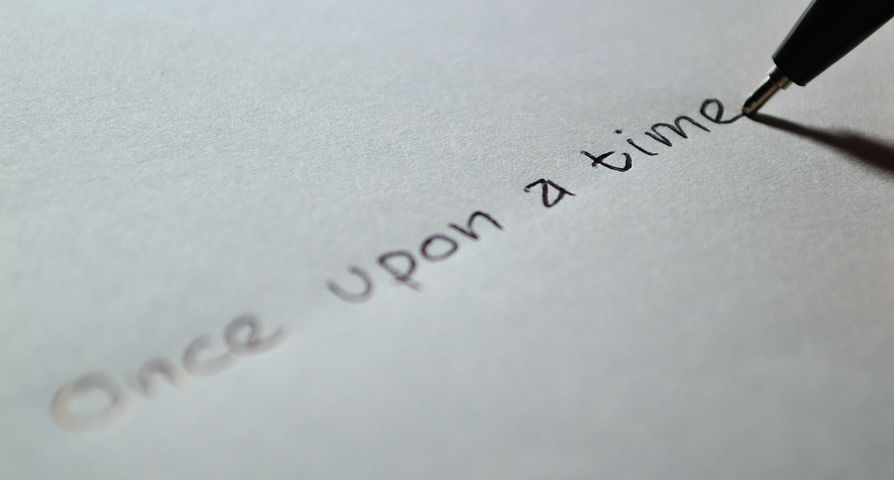Creative Writing
What is creative writing?
“Creative writing is any writing that goes outside the bounds of academic, journalistic, technical or professional forms of literature, typically identified by an emphasis on narrative craft, character development and the use of literary tropes or with various traditions of poetry and poetics.” –Wikipedia.
It can also be said to be any form of writing which is creatively designed in the mind, such as fiction writing, poetry, creative non-fiction (biographies, autobiographies), etc. Its purpose is to express your thoughts, feelings, or emotions. It is usually written to entertain or educate the readers; it can also be used to create awareness about something or someone.
If we were to stretch the word “writer” to the utmost, then most of us are writers, whether we intend to be or not. In this Digital Age, from the composition of tweets to the structuring of Facebook posts, many of us have become quite adept at creative writing.
Prose as a creative expression:
Prose is one form of storytelling tool that has no formal rhythm or structure. It reads like normal speech which is in paragraphs and lines of dialogue. Unlike poetry, prose is longer and employs more words to convey the feelings and thoughts of the writer.
There are different kinds of prose, namely: fictional prose, nonfictional prose, also known as creative nonfiction, prose poetry and heroic prose.

Novels are a perfect example of fictional prose. This form of literature is one that is wholly or partially imagined. The writer of fictional prose may derive their material from other arts, the environment, people, or build up stories that are purely from their imagination.
Nonfictional prose or creative nonfiction, is a literary work that is almost entirely based on real life events and characters. Some works of nonfiction contain only facts, while others can contain some fictional elements.
Examples of creative nonfiction are essays and biographies.
I would describe fiction as any story that is created or invented, something unreal. Fictional prose is a form of literature created around and describing imaginary events and characters.
Fiction flourishes on elements that are factual or appear to be so; it contains information that appears to be real. In creating fiction, we can make use of the things around us; our memories, experiences, observations, feelings, desires, and our histories.
A work of literature that is a combination of poetry and prose, is known as prose poetry. A writer of this kind of fiction makes use of heightened imagery as used in poetry, but rather than verse, uses prose to convey their story.
Finally, heroic prose such as tales of legends is a form of literature which is either written down or passed on through oral tradition. It tells tales of specific people or times, extolling their virtues, and is meant to be recited.
Every time, people approach me and say, “Ketimae, I want to write. I want to improve my writing.”
The first question I always ask them is, “Why?”
Why do you want to put words down on paper or on the screen of your computer? Why do you want to post on Facebook, Medium and a host of other social media sites out there? why do you think people want to hear what you’ve got say? Why is your story different?
In reply, I have gotten many different reasons.
“I feel driven to write. I believe I was born to do this.”
“It’s avenue to release my pent-up emotions and frustrations at the end of the day.”
“I want to share my story with people out there.”
“I believe I have come up with a different perspective to a story that’s been told several times before.”
And lastly, the funniest answer I’ve ever received, “Ma, your questions seem a bit harsh. Are you trying to discourage me from fulfilling my dream?”
Exercise 1:
I'm asking you now. Why do you write? Share your reason(s) in not more than 200 words. Read all reasons given by your others—compare your motivation with theirs. Can you identify with their stories?
What is your writing impulse? That one thing—whether a person, incident, place, or object—that started you on the path to writing?


